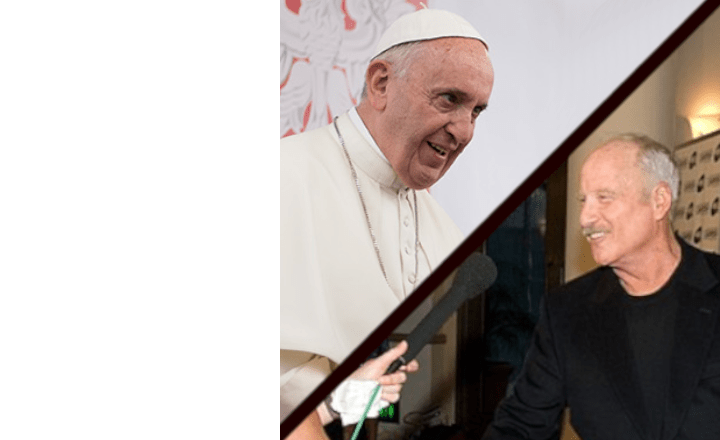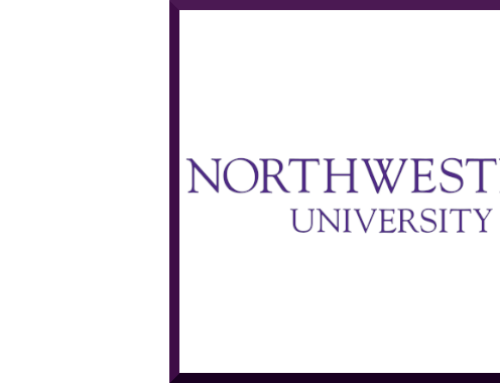Pope Francis and Richard Dreyfuss are both in the hot seat for making remarks that some interpret as offensive. The pope has apologized but not Dreyfuss. Are they guilty as charged, or are people overreacting?
Italian bishops told media sources this week that when the pope met with them in a closed-door meeting last week, he spoke out against having homosexuals in the seminaries. He said, “There’s already too much ‘faggotry’” in the seminaries, including “even those who are only semi-oriented.” He expressed his concerns over seminarians who are supposed to be celibate but live a “double life,” living secretly as gay.
Due to the fact that homosexual priests (not pedophiles!) are responsible for most of the cases where a minor has been sexually abused—8 in 10 of these cases—the Vatican sought to correct this problem in 2005 when it barred those with “deep-seated homosexual tendencies” from entering the seminaries. Subsequently, the number of abuse cases has declined to almost nil.
Is the criticism of Pope Francis warranted? Is the word “faggot” objectionable?
It wasn’t too long ago that the word “queer” was deemed offensive, but this is no longer the case. Now it’s standard in the mainstream media to refer to homosexuals as queers. According to LGBTQ Nation, the term has been “reclaimed” (which explains why they added the “Q” to their acronym). They say that “The use of the word ‘queer’ has become so widespread that it’s now represented by the letter ‘Q’ in the initialism LGBTQ+.” But we still don’t know who the + people are.
If it is okay to call homosexuals queers, is it time to reclaim the word “faggot”? Some are already doing that.
André Wheeler is a self-described black queer. Four years ago he admitted that growing up he was aghast at the term “faggot.” But then he heard more and more people in social media dropping the word and found that his objections began to wither. He points out that Dan Savage, the anti-Catholic queer writer, began calling his sex advice column “Hey Faggot” in the 1990s. Wheeler confesses that he still winces when he hears the word “faggot,” but “I also want to reclaim” it.
That being the case, one could argue that the pope’s reference to “faggots” in the seminaries is not necessarily objectionable. It may be that the perception of this term is evolving.
Richard Dreyfuss of “Jaws” fame upset some people over the weekend when speaking at a Massachusetts theater, The Cabot. He said that “the parents of trans youth, allowing them to transition, was bad parenting and that someday those kids might change their minds.”
Officials at The Cabot were quick to issue a statement slamming Dreyfuss for his “distressing and offensive” remarks, and apologized to those who were hurt. Naturally, they said he violated the “welcoming and inclusive environment for all members of our community.” Except for him, that is.
In my upcoming book, Cultural Meltdown: The Secular Roots of Our Moral Crisis, I devote a lengthy chapter to transgenderism, the pernicious ideology that falsely claims there are more than two sexes. Worse than this is the exploitation of children by those in education and medical circles; enabling kids to “transition” is child abuse.
Ergo, what Dreyfuss said is an understatement. The apologies should be issued by his critics for contributing to this alarming problem.
Even if one allows that the pope should not have used the word “faggotry,” and even if one allows that Dreyfuss should have stayed away from politics, it is much more disconcerting to read the sanctimonious comments of their critics.
As for the Catholic League, we will refrain for now from talking about “faggots” (keeping an eye on its evolving acceptance), but will continue to condemn gender ideology.







